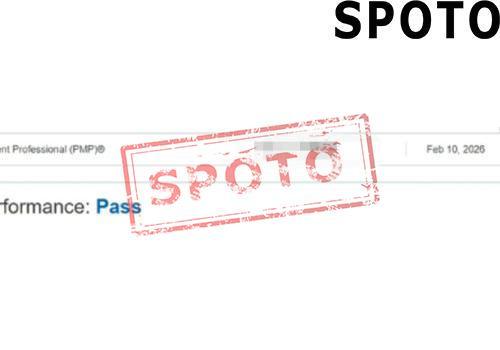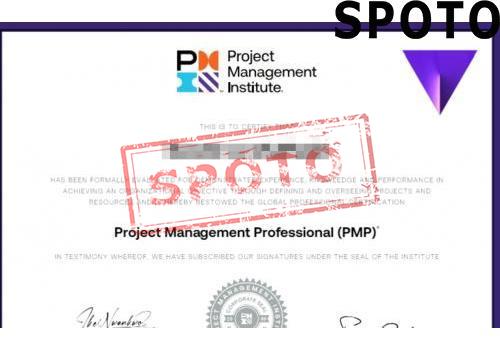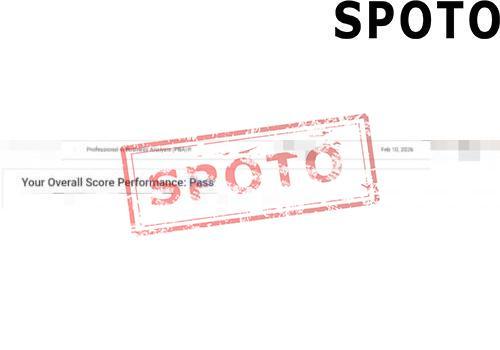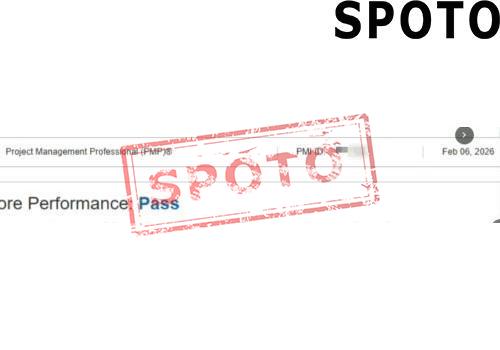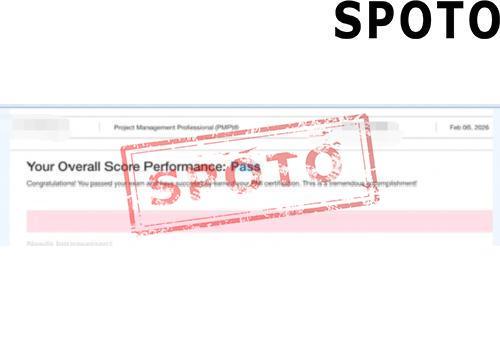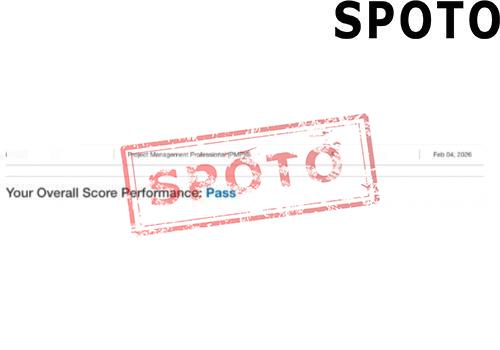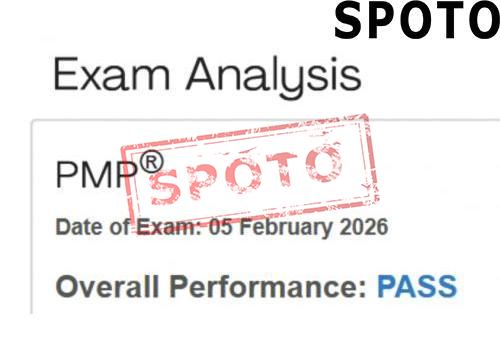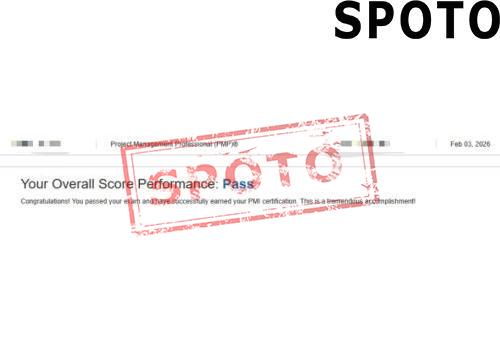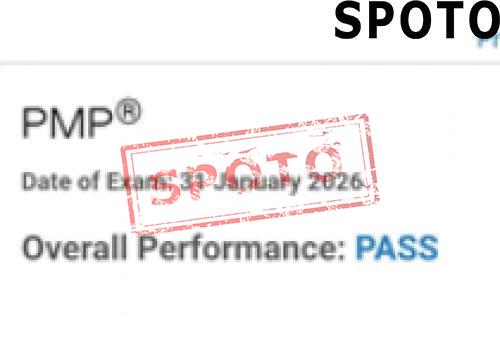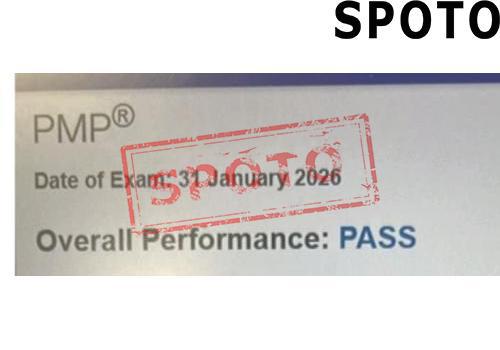
The Project Management Professional (PMP) certification, offered by the Project Management Institute (PMI), is one of the most sought-after credentials for project managers worldwide. Whether you're looking to advance your career, increase your earning potential, or improve your project management skills, the PMP certification is a valuable asset.
But before you dive into the certification process, there are several key things you need to know. This guide will walk you through everything from eligibility requirements to exam preparation and the benefits of becoming PMP-certified.
What is PMP Certification?
The PMP certification is a globally recognized credential that validates your knowledge, experience, and expertise in project management. It is designed for professionals who lead and direct projects, ensuring they meet scope, time, cost, and quality requirements.
PMP is based on the PMBOK (Project Management Body of Knowledge) and tests candidates on the three main domains of project management:
-
People – Managing and leading teams effectively.
-
Process – Handling technical aspects of project management.
-
Business Environment – Aligning projects with organizational goals.
Who Should Get PMP Certified?
The PMP certification is ideal for professionals working in project management roles across various industries, including IT, construction, healthcare, finance, and manufacturing. It is best suited for:
-
Project Managers
-
Team Leads
-
Program Managers
-
Project Coordinators
-
Consultants
-
Anyone aspiring to move into a project management role
What is the PMP Exam Like?
The PMP exam is designed to test your ability to apply project management principles in real-world scenarios. Here's what you can expect:
-
Exam Length: 180 questions
-
Duration: 270 minutes
-
Domains Covered:
-
People
-
Process
-
Business Environment
-
-
Validity Period: 3 years
-
Cost: PMI Members: US$405
How to Prepare for the PMP Exam
1. Study the PMBOK Guide and Exam Content Outline
The PMBOK Guide is the foundation of PMP exam content. However, the exam also covers agile and hybrid project management methodologies, so review PMI's latest Exam Content Outline to ensure you're studying the right material.
2. Enroll in a PMP Training Course
Since 35 hours of project management education is required, many candidates take an official PMP prep course. Some popular options include:
-
PMI Authorized PMP Exam Prep
-
Simplilearn PMP Certification Training
-
Udemy and Coursera PMP Courses
-
Project Management Academy
3. Take Practice Exams
Practice exams help you get comfortable with the PMP question format and time constraints. Some reliable sources for mock exams include:
-
PMI's Official PMP Practice Tests
-
PM PrepCast Simulator
4. Join PMP Study Groups & Online Communities
Engaging in PMP study groups or forums can keep you motivated and provide valuable insights. Some great communities include:
-
PMI's Official Discussion Groups
-
Reddit's r/pmp Community
-
LinkedIn PMP Groups
-
Discord PMP Study Groups
5. Develop a Study Plan
A structured study plan can help you cover all necessary topics efficiently. A good plan should include:
-
Daily study sessions (1-2 hours per day)
-
Weekly practice tests
-
Review sessions for weak areas
-
Mock exams two weeks before the actual test
What Happens After You Pass the PMP Exam?
1. Earn Your PMP Certification
Once you pass the exam, you will receive your PMP credential and be officially recognized as a certified project management professional.
2. Boost Your Career Prospects
Many organizations prefer or require PMP-certified project managers. The certification can open doors to leadership roles and higher-paying jobs.
3. Maintain Your PMP Certification
To keep your PMP credential active, you must earn 60 Professional Development Units (PDUs) every three years. PDUs can be earned through:
-
Work experience in project management
-
Attending PMI events and webinars
-
Taking additional courses and training
Is PMP Certification Worth It?
The PMP certification is one of the best investments for professionals looking to advance in project management. It provides higher salary potential, better job opportunities, and global recognition. However, it requires dedication, study, and hands-on experience to succeed.
If you meet the eligibility criteria and are ready to commit to the process, PMP certification can be a game-changer for your career. Start by planning your study strategy today, and take the first step toward becoming a certified project management professional!
